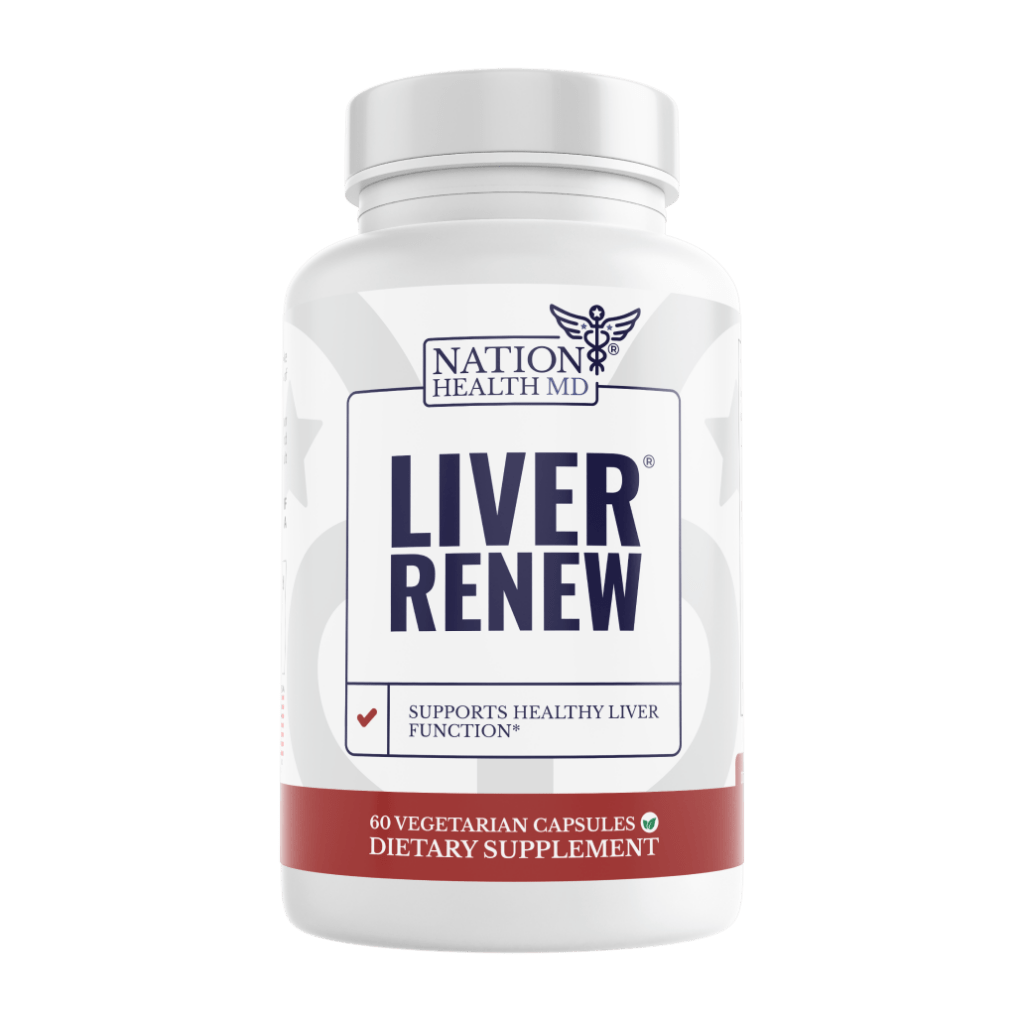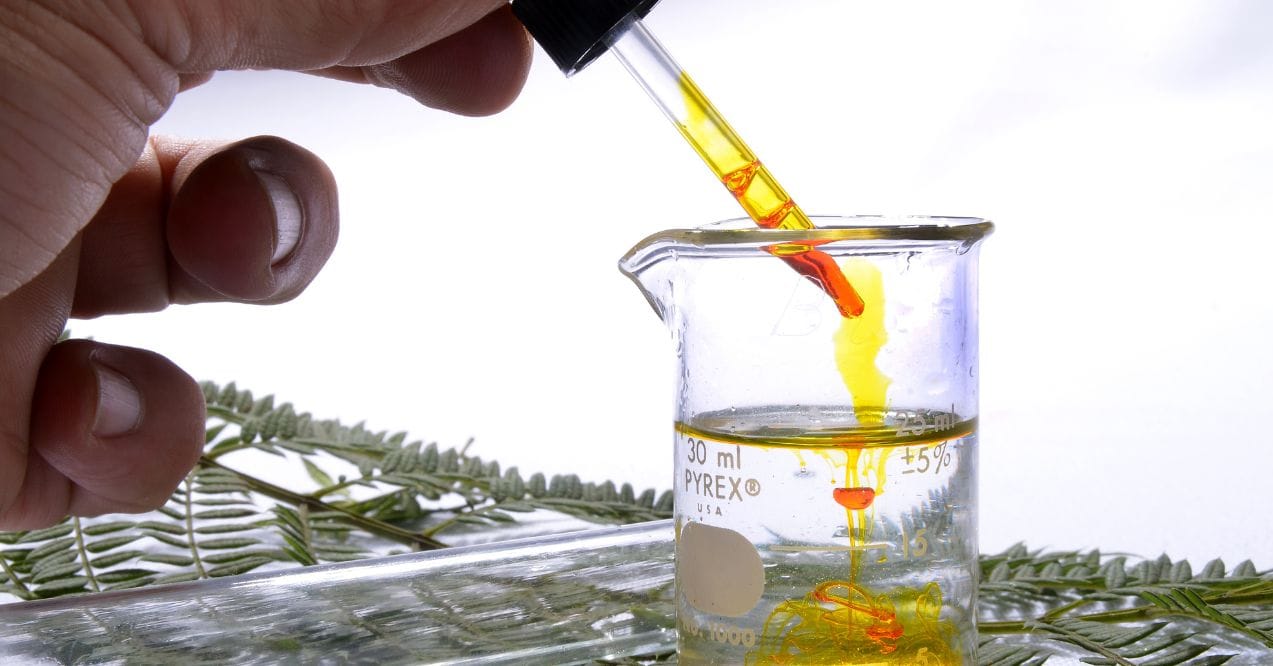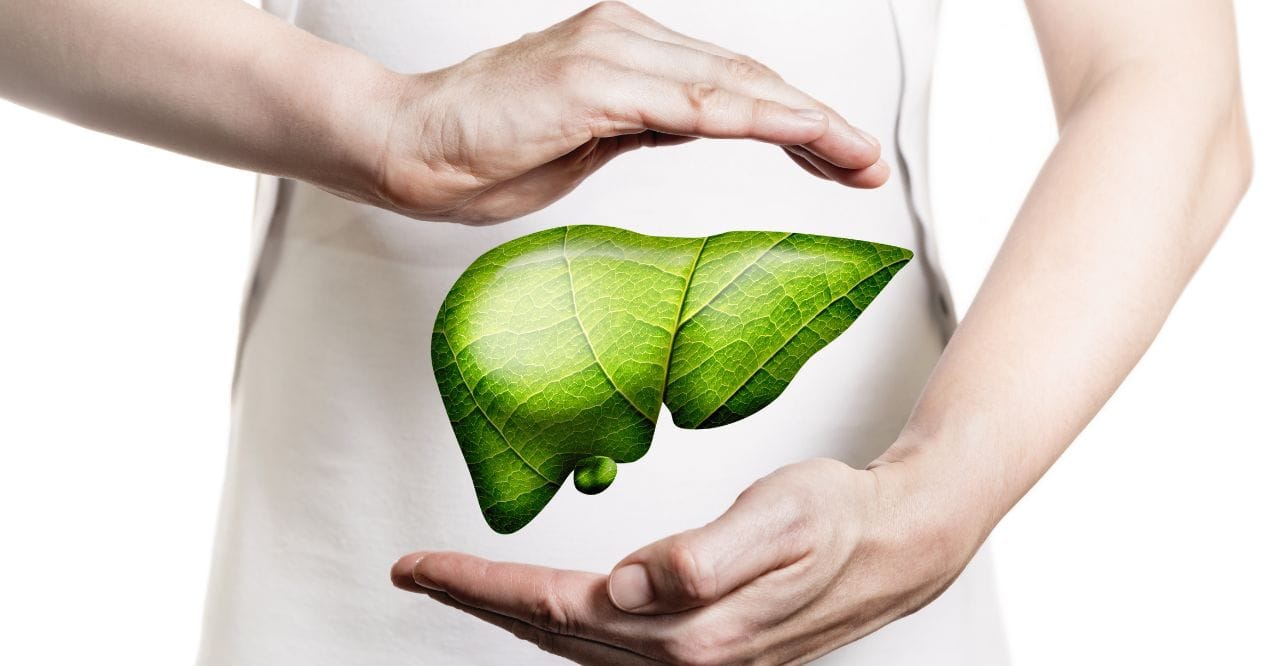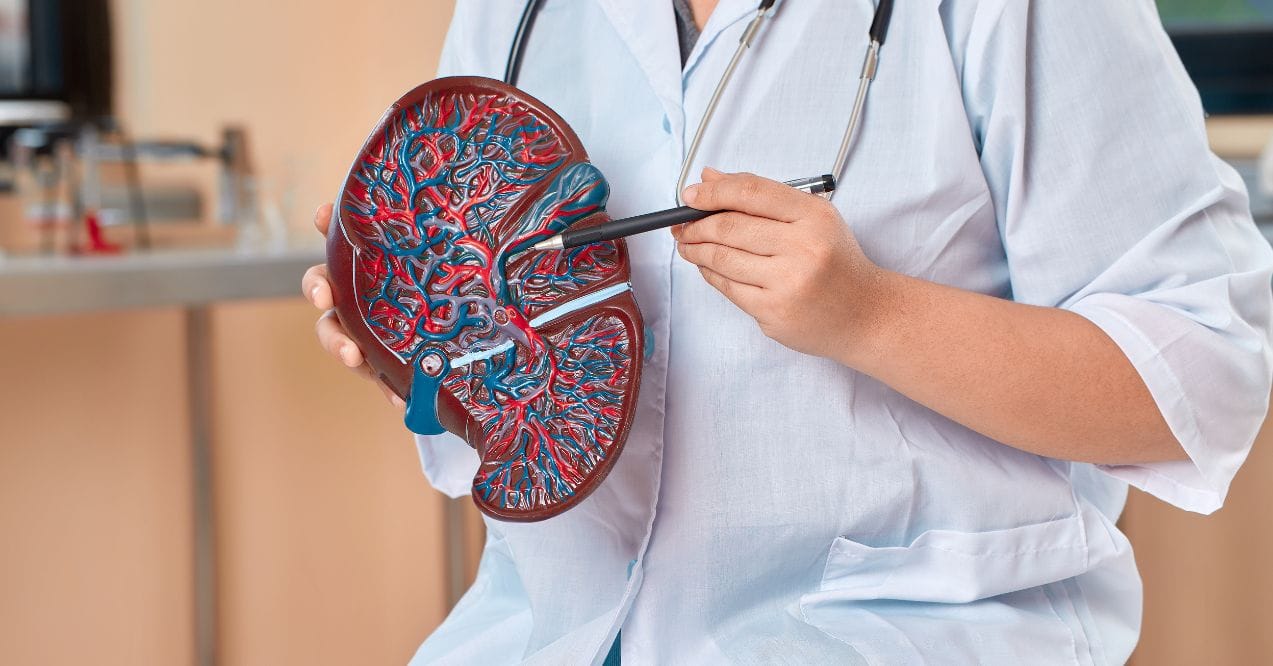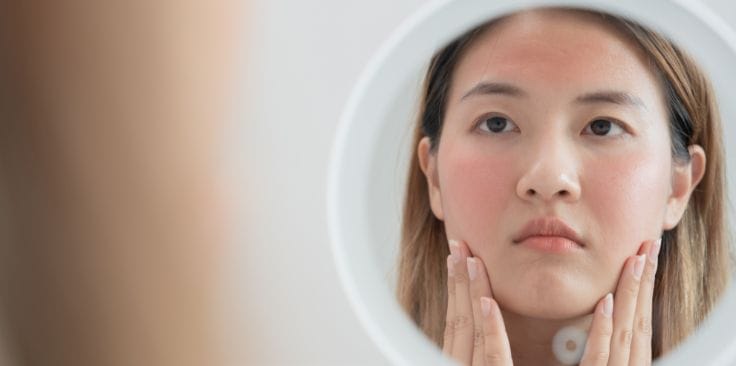Will a Colonoscopy Show Liver Damage?
Medically reviewed by our experts


Will a colonoscopy show liver damage? This question often arises when people worry about their liver health. Colonoscopies are vital for colon health screening, but their role in detecting liver issues is limited. Let’s explore the connection between colonoscopies and liver health, and discuss better ways to assess liver function.
Key Article Findings
- Colonoscopies examine the colon and rectum, not the liver
- Indirect signs of liver issues may appear during a colonoscopy
- Specific liver function tests diagnose liver damage more accurately
What is a Colonoscopy?
A colonoscopy is a procedure that looks inside the large intestine (colon) and rectum. During this exam, a doctor inserts a long, flexible tube with a tiny camera through the rectum. This provides a clear view of the colon’s lining.

Colonoscopies are mainly used to:
- Screen for colorectal cancer
- Find and remove polyps
- Investigate digestive symptoms
- Diagnose bowel conditions
Colonoscopies are great for colon health, but they don’t directly check liver function or damage.
Can a Colonoscopy Detect Liver Damage?
A colonoscopy isn’t designed to detect liver damage. It focuses on examining the colon and rectum, which are separate from the liver. However, sometimes a colonoscopy may show indirect signs that hint at liver issues:
- Enlarged blood vessels in the colon (portal hypertension)
- Changes in bowel appearance due to liver-related complications
These findings aren’t definite proof of liver damage. They require more investigation through specific liver function tests and imaging studies.
Indirect Liver-Related Findings During Colonoscopy
While a colonoscopy doesn’t directly examine the liver, it may reveal some indirect signs of liver issues. These can include:
- Esophageal or rectal varices – Enlarged blood vessels that can indicate portal hypertension
- Pale or fatty appearance of the colon – May suggest liver dysfunction
- Presence of ascites – Fluid buildup in the abdominal cavity
If a doctor spots these signs, they’ll likely recommend further liver-specific testing. A colonoscopy alone can’t diagnose or rule out liver damage.
Proper Diagnostic Methods for Liver Damage
To accurately check liver health and spot potential damage, doctors typically use these methods to check liver function:
- Blood tests – Liver function tests, including ALT, AST, and bilirubin levels
- Imaging studies – Ultrasound, CT scan, or MRI of the liver
- Liver biopsy – In some cases, a small sample of liver tissue may be examined
These targeted approaches give a more complete picture of liver health and function compared to a colonoscopy. If you’re worried about liver damage, ask your doctor about these options.
When to Seek Liver Damage Screening

Certain factors may increase your risk of liver damage and warrant screening. These include:
- Drinking too much alcohol
- Being overweight or having metabolic syndrome
- Having a family history of liver disease
- Being exposed to certain medications or toxins
- Having been exposed to viral hepatitis
If you have any of these risk factors or notice symptoms like tiredness, stomach pain, or yellowing skin or eyes, talk to your doctor. They can suggest the right liver function tests for you.
The Connection Between Colon and Liver Health
A colonoscopy doesn’t directly check liver health, but colon and liver function are connected. Here’s how:
- The liver makes bile, which helps digestion and goes into the small intestine
- A healthy colon supports overall digestive health, indirectly helping liver function
- Some liver conditions can affect colon health and vice versa
Eating a balanced diet, drinking plenty of water, and exercising regularly can support both colon and liver health. A holistic approach to wellness considers how all body systems work together.
How Liver Renew Supports Liver Health
While a colonoscopy may not directly show liver damage, keeping your liver healthy is key to overall wellness. Liver Renew is a supplement designed with ingredients that support liver function and promote holistic health. Lisa King, RPh, explains, “Liver Renew has natural ingredients known to support the liver, like milk thistle, turmeric, and artichoke extract.”
Liver Renew offers these benefits:
- Supports healthy liver enzyme levels
- Promotes natural detoxification processes
- Contributes to maintaining overall digestive health
By adding Liver Renew to a balanced lifestyle, you can take steps to support your liver’s vital functions and contribute to your overall wellness.
During a colonoscopy, doctors can see the entire colon (large intestine) and rectum. They can also view the end of the small intestine where it joins the colon, called the terminal ileum.
The most common findings during a colonoscopy are polyps. These are small growths on the lining of the colon. Most polyps are benign, but some can develop into cancer over time if not removed.
Yes, a colonoscopy can provide insights into gut health. It can detect inflammation, ulcers, and other abnormalities in the colon lining. This information helps assess overall digestive health and identify potential issues affecting gut function.
Professional, C. C. M. (2024, September 9). Colonoscopy. Cleveland Clinic.
Liver Disease. (2024, May 1). Cleveland Clinic.
Yetman, D. (2022, September 19). What’s the difference between hemorrhoids and rectal varices? Healthline.
Ascites. (2024, May 1). Cleveland Clinic.
Professional, C. C. M. (2024, May 1). Liver function tests. Cleveland Clinic.
Latief, U., & Ahmad, R. (2018). Herbal remedies for liver fibrosis: A review on the mode of action of fifty herbs. Journal of Traditional and Complementary Medicine, 8(3), 352–360.
Farzaei, M. , Et Al. (2018). Curcumin in liver Diseases: A systematic review of the cellular mechanisms of oxidative stress and clinical perspective. Nutrients.
Kamel, A. M., & Farag, M. A. (2022). Therapeutic Potential of Artichoke in the Treatment of Fatty liver: A Systematic Review and Meta-Analysis. Journal of Medicinal Food.
Popular Articles
Advertisement. This site offers health, wellness, fitness and nutritional information and is designed for educational purposes only. You should not rely on this information as a substitute for, nor does it replace, professional medical advice, diagnosis, or treatment. If you have any concerns or questions about your health, you should always consult with a physician or other health-care professional. Do not disregard, avoid or delay obtaining medical or health related advice from your health-care professional because of something you may have read on this site. The use of any information provided on this site is solely at your own risk.
